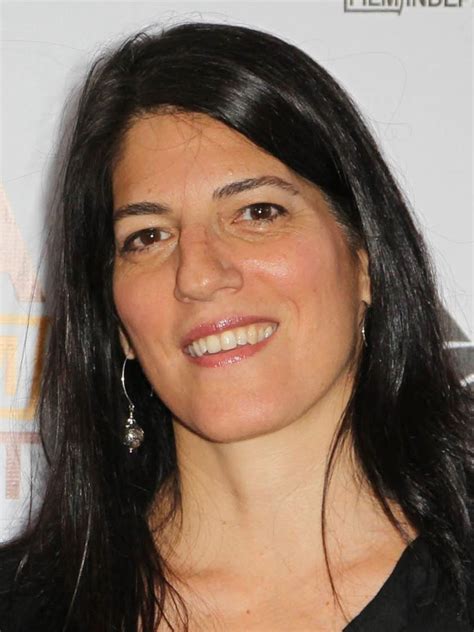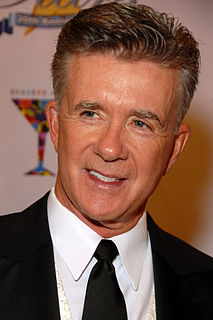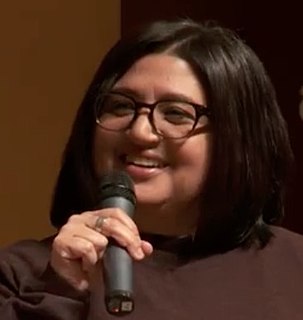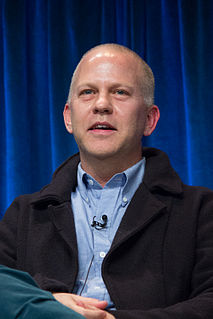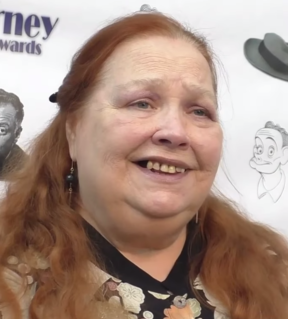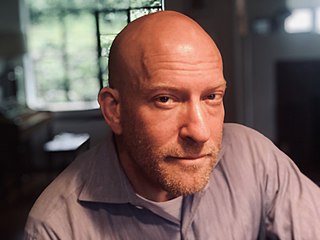A Quote by Kenya Barris
I am what I am as a writer because of Norman Lear and Spike Lee. Norman Lear in particular.
Quote Topics
Related Quotes
After we did [All In The Family], that ended up being a real love fest all around. Me and Norman, Norman [Lear] and me, Rob Reiner, everybody liked everybody. So about six or seven months later I moved out to L.A. and I got a call that Norman wanted to see me. I came in and he said "ABC has given me a property that they just optioned to make into a TV series. It's from a play called Hot L Baltimore, and I want you to be in it."
Housing in New York seemed to fit Norman Lear. In addition, his shows confronted all kinds of social issues - racial separation and prejudice being foremost among them. The Evans of Good Times were the first black family to be the focus of a primetime American TV show. A lot of the people we came across in filming were familiar with the role Norman played in catalyzing important national conversations about race. They seemed grateful to him for trying to move the needle.
I walk into office, which is the casting office for CBS in New York. Mainly what they cast out of this office was the CBS daytime shows. I go in and walk into this room which every seat is filled with young African-American boys and girls and they were in their teens. I went, "I'm in the wrong place. Why am I here? What's going on?"So I go in and meet Norman [Lear].


